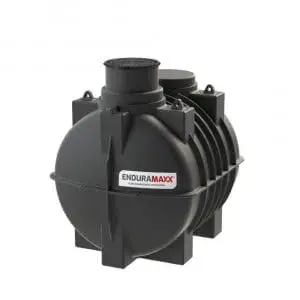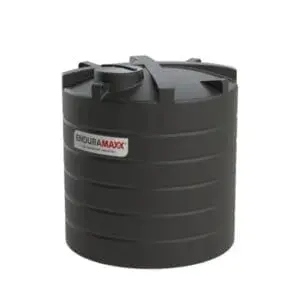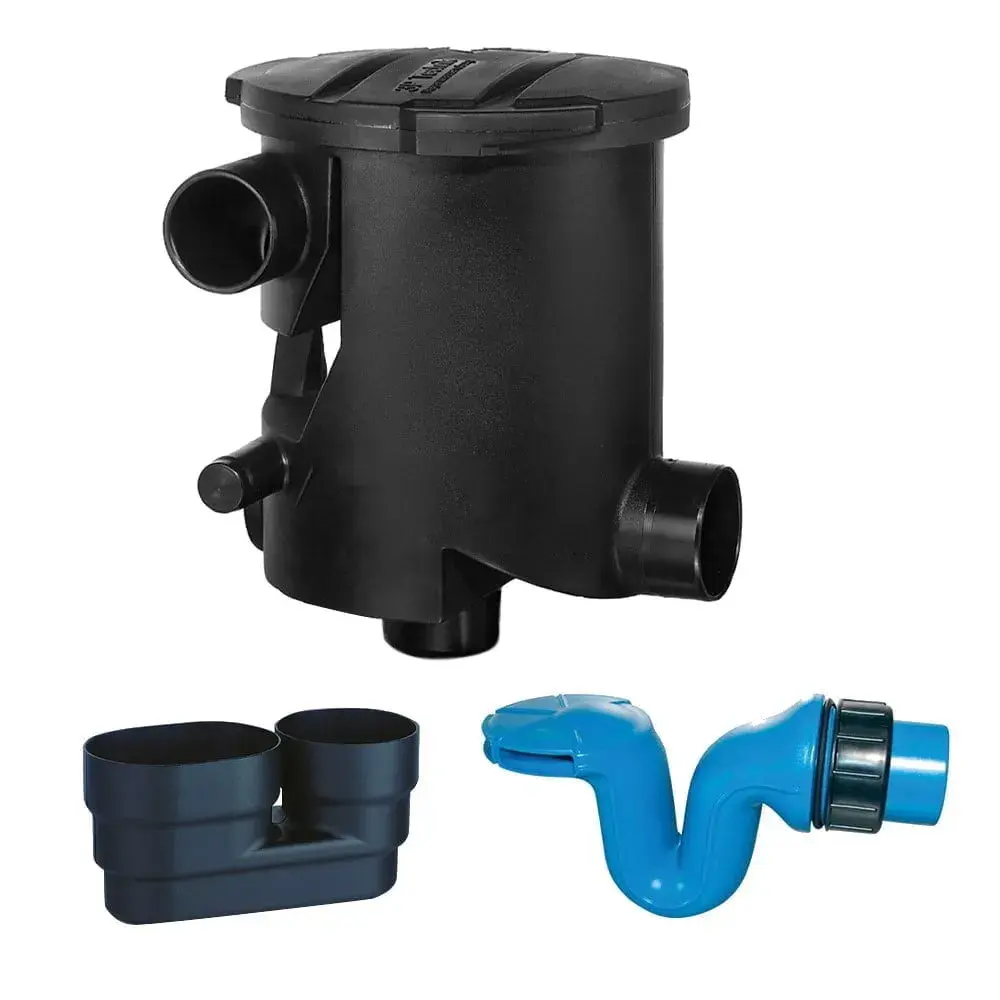Rainwater harvesting for agricultural sprayers, As mains water becomes more expensive those who have can harvest rainwater can save. An alternative is definitely the use of rainwater. Many farms have barns and buildings with large roof areas that are often well suited for collecting rainwater. Rainwater filters make sure that no sand or dirt is flushed into the tank, and a suction filter and Camlock fitting prevents clogging of the sprayer filters and nozzles. For many farmers, rainwater has proven to be optimal for crop protection, as it has a better pH value and sprays chemicals mix better than hard mains water.
Rainwater is Free!
Rainwater is free and can be collected throughout the year. Essential requirements for the collection of rainwater include suitable roof areas and guttering that are moss free. Farm buildings typically have large roof areas and collect large amounts of water that goes to waste. This water can be used for spraying, irrigation, livestock and fire water storage regulations. More details on how much rainwater falls in your area are available here.
Low Lime Content
Rainwater could be compared to distilled water that is created by evaporation and subsequent condensation. Rainwater naturally absorbs various substances in the atmosphere and generally has a low lime content and low water hardness. This is an advantage for crops that prefer lower lime content and with sprayers, the spray lines do not calcify as quickly.
Easy Collection and Storage
Collecting and storing rainwater is largely problem-free. Existing roof areas, gutters and downpipes can continue to be used and supply lines to cisterns and water tanks can be managed with little ongoing maintenance. Enduramaxx’s black and dark green water tanks are manufactured with UV inhibitors and being opaque these tanks prevent algae formation. Part fill valves are available to maintain a level of water in the tank whilst taking advantage of the rain which falls. Why not view our rainwater tank buyers guide – 6 Things to Keep in Mind When Getting A Water Tank
Environmentally Friendly Use of Resources
The use of Rainwater harvesting for agricultural sprayers is also positive for the environment. Every litre that is collected from rainwater means a litre less from the municipal drinking water supply or the company’s own metered water supply. Grants and funding are available in some areas – more details are available online here and on the HMRC website.
What Size Rainwater Filter Do We Need?
Rainwater harvesting filters are important to keep the water usable in any rainwater harvesting system and are used to filter debris from the water as it flows off the roof before it enters the tank. These rainwater harvesting filters prevent the leaves and moss from entering the tank and save a build-up of sediment in the tanks. These rainwater filters are designed for either 450m2 oof areas or 800m2 roof areas and have 2 inlets for incoming water which are 4? and 6? on the larger 800m2 roof area filter. The overflow will take leaves and moss away to a drain or soakaway.
How Do Fluid Category 5 Water Regulations Affect Agricultural Sprayer Tanks?
Fluid Category 5 AB Air Gap Break Tank – The installation and use of cold water storage cisterns and sectional tanks connected to the public water supply must comply with Water Supply (Water Fittings) Regulations 1999 in England and Wales and the technically identical Scottish Water Byelaws. In order to meet these requirements, Fluid Category 5 Break Tanks must be used in this instance.
Our fluid category 5 break tank for potable and non-potable water are all fully DWI approved and meet the specific requirements of Regulation 31. WRAS Information and Guidance Note: For cold water storage cisterns and design recommendations for mains supply inlets. Download your copy here.
Posts By Topics
- Blog (303)
- Chemical Storage Tanks (118)
- Chemical Dosing Tanks (114)
- Chemical Tanks (114)
- Water Tanks (58)
- Rainwater Harvesting Tanks (43)
- Vertical Rainwater Tanks (31)
- Vertical Storage Tanks (31)
- Cone Bottom Tanks (19)
- Conical Cone Tanks (18)
- Rainwater Harvesting (17)
- Water Bowsers (15)
- Horizontal Tanks (14)
- Potable Water Tanks (13)
- Farming (9)
- Case Studies (8)
- Industrial Storage Tanks (7)
- Liquid Fertilser Storage Tanks (6)
- WRAS Approved Potable Tanks (6)
- Wine and Beer Production (6)
- Horizontal Transport Tanks (5)
- Microbrewery (5)
- Rainwater (5)
- Category 5 Break Tanks (4)
- Cider Production (4)
- Mixer Tanks (4)
- Molasses Tanks (4)
- Polyethylene tanks (4)
- Rainwater Filter Kits (4)
- SPECIALIST & BESPOKE TANKS (4)
- Bunded Tanks (3)
- Slimline Tanks (3)
- WRAS Approved (3)
- Clarification Tanks (2)
- Crosslinked Polymer Tanks (XLPE) (2)
- Fertiliser Tanks (2)
- Sump Tanks (2)
- Tank Installation (2)
- Water Butt (2)
- underground water tanks (2)
- ACCESSORIES & FITTINGS (1)
- ATV & UTV SPRAYING UNITS (1)
- Above Ground Effluent Tanks (1)
- Bespoke Tank Frames (1)
- Category 5 Turret (1)
- Caustic Soda Tanks (1)
- Closed Top Bunded Tanks (1)
- Craft beer (1)
- Effluent Tanks (1)
- Enduramaxx (1)
- Ferric Chloride Tanks (1)
- Fire Safety Regulations (1)
- Fire Sprinkler Water Storage Tanks (1)
- Industrial Water Tank (1)
- Open Top Bunded Tanks (1)
- Open Top Cone Tanks (1)
- Open Top Vertical Tanks (1)
- Polyethylene Potable Water Tanks (1)
- Polyvinylidene Fluoride (PVDF) Tanks (1)
- Polyvinylidene Fluoride Tanks (PVDF) (1)
- Pressure Washers (1)
- Pro Series Spot Sprayers (1)
- RWH (1)
- Sodium Hydroxide Storage Tanks (1)
- Sprayer Fill-up Tanks (1)
- Uncategorised (1)
- liquid fertiliser tank (1)
Sign up to the newsletter
enduramaxx.marketing
Related Posts
5 Reasons For Domestic Rainwater Harvesting | Enduramaxx
5 Reasons For Domestic Rainwater Harvesting – at some times of the year there’s uncertainty around...
What is Commercial Rainwater Harvesting for Businesses and Industry?
Commercial rainwater harvesting is both ecologically friendly and a money-saving enterprise. It...
Rainwater Harvesting for Beef and Sheep Farms
Rainwater Harvesting for Beef and Sheep Farms, it is possible for farmers to save up to 90% of the...
Related Products
From £1,080.00 inc. VAT
£900.00 exc. VAT
From £1,344.00 inc. VAT
£1,120.00 exc. VAT
From £768.00 inc. VAT
£640.00 exc. VAT
£480.00 inc. VAT
£400.00 exc. VAT





